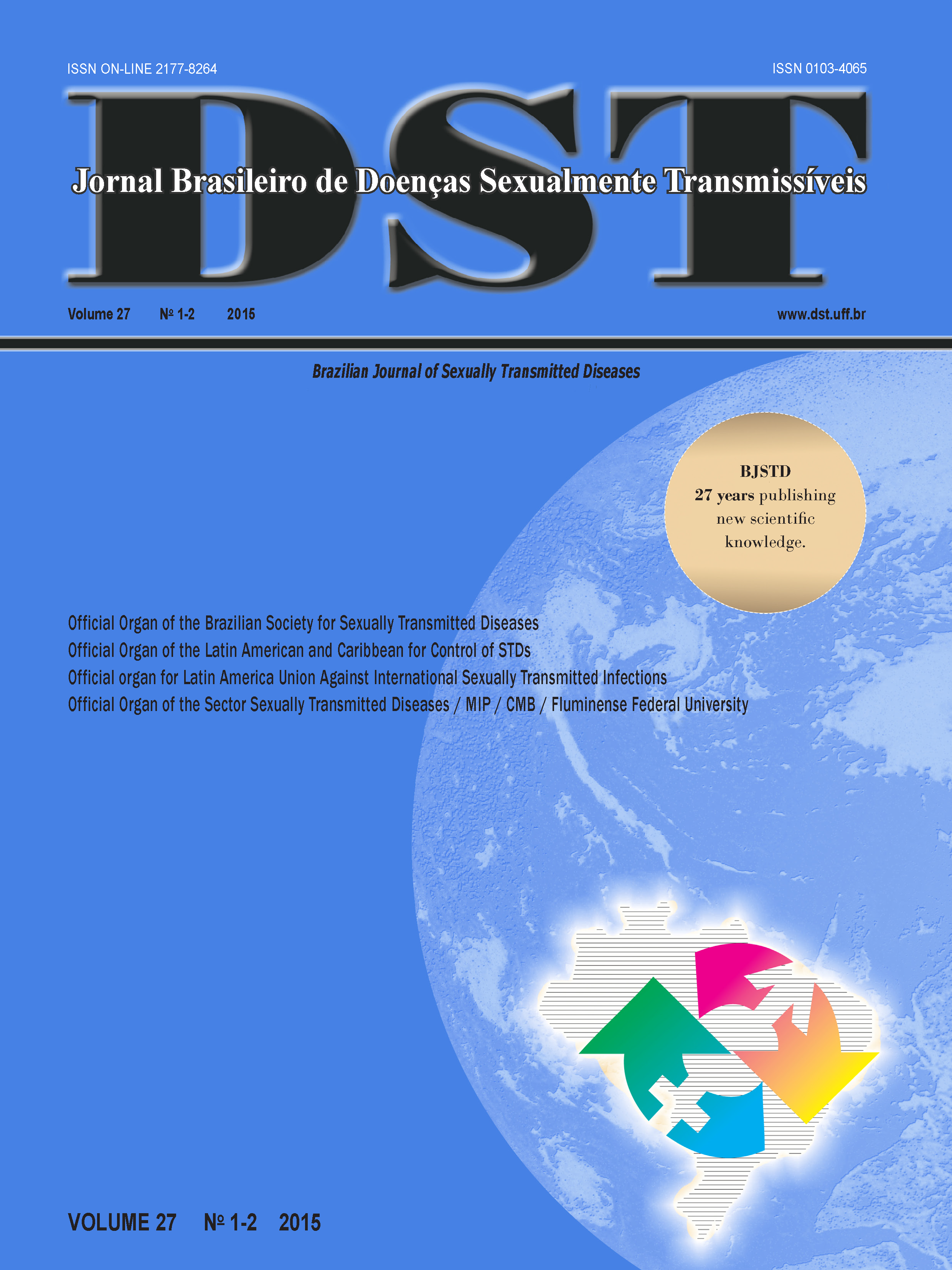Perceptions about AIDS and sexual behavior among elderly people in the city of Tubarão, state of Santa Catarina, Brazil
Keywords:
aged, acquired immunodeficiency syndrome, HIV, sexually transmitted diseases, knowledgeAbstract
Background: With the increase in life expectancy, coupled with the development of new technologies, such as hormone replacement therapy and medications, which help in treating impotence, there have been changes in sexual behavior among the elderly people. Objective: To assess the knowledge about AIDS and prevention and to determine sexual behavior and practices among elderly adults living in the city of Tubarão, state of Santa Catarina. Methods: A cross-sectional study was conducted on elderly residents in Tubarão, state of Santa Catarina. They received senior care at the municipal Basic Health Units in 2014. The research instrument was a questionnaire adapted from the national “Survey on Knowledge, Attitudes and Practices of the Brazilian Population,” used by the Ministry of Health. Results: A total of 206 elderly people were surveyed (mean age, 69±6 years). Men showed a less prevalence of stable marital relationship (p<0.001) and earlier age at first intercourse compared with women (p<0.001). The demand for anti-HIV testing was higher among women than men (p=0.028). Of the total sample, 14.1% reported the occurrence of previous STDs, which was associated with early age at first intercourse (p<0.001). Regarding knowledge about AIDS and prevention methods, the average score was 15±4 from a total of 25 points. Conclusion: There was a greater knowledge about AIDS and prevention methods among persons in stable relationships, among those who experienced their first intercourse with casual partners, and those who underwent HIV testing. However, the average scores for AIDS prevention were low among the surveyed elderly people.












